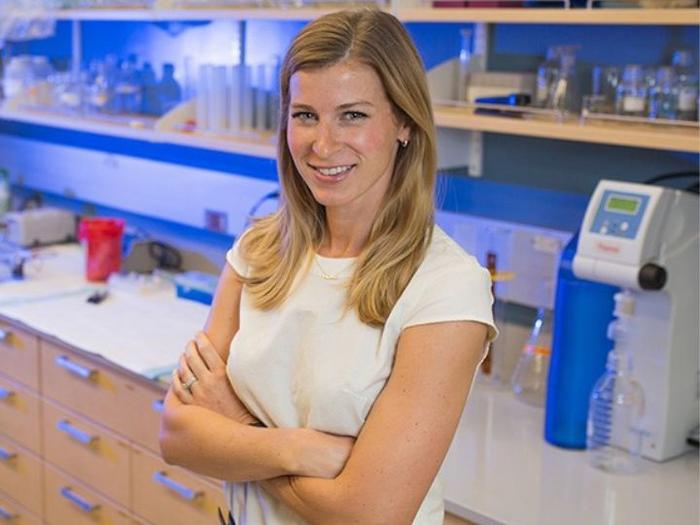The antibiotic vancomycin, recommended as first-line treatment for infection caused by the deadly superbug C. difficile (C. diff), may not be living up to its promise, according to new research from the University of Houston College of Pharmacy.

Credit: University of Houston
The antibiotic vancomycin, recommended as first-line treatment for infection caused by the deadly superbug C. difficile (C. diff), may not be living up to its promise, according to new research from the University of Houston College of Pharmacy.
C. diff infection is the leading cause of death due to gastroenteritis in the U.S. It causes gastrointestinal symptoms ranging from diarrhea and abdominal pain to toxic megacolon, sepsis and death.
Based on 2018 clinical practice guidelines, the use of oral vancomycin has increased by 54% in the past six years, but the clinical cure rates have decreased from nearly 100% in the early 2000’s to around 70% in contemporary clinical trials.
“Despite the increasing prevalence of data showing reduced effectiveness of vancomycin, there is a significant lack of understanding regarding whether antimicrobial resistance to these strains may affect the clinical response to vancomycin therapy,” reports Anne J. Gonzales-Luna, research assistant professor in the Department of Pharmacy Practice and Translational Research, UH College of Pharmacy, in the journal Clinical Infectious Diseases. “In fact, the prevailing view has been that antibiotic resistance to these strains are unlikely to impact clinical outcomes, given the high concentrations of vancomycin in stools.”
But the team arrived at a different conclusion after sifting through research included in a multicenter study, which included adults treated with oral vancomycin between 2016-2021 for C. diff infection.
“We found reduced vancomycin susceptibility in C. difficile was associated with lower 30-day sustained clinical response and lower 14-day initial cure rates in the studied patient cohort,” said Gonzales-Luna.
The finding is cause for concern.
“It’s an alarming development in the field of C. diff as there are only two recommended antibiotics,” said Kevin Garey, professor of pharmacy practice and translational research. “If antimicrobial resistance increases in both antibiotics, it will complicate the management of C. diff infection leading us back to a pre-antibiotic era.”
Others on the research team include Taryn A. Eubank from UH and Chetna Dureja and Julian G Hurdle from Texas A&M Health Science Center in Houston.
Journal
Clinical Infectious Diseases
Article Title
Reduced Vancomycin Susceptibility in Clostridioides difficile is Associated with Lower Rates of Initial Cure and Sustained Clinical Response
Article Publication Date
21-Feb-2024




